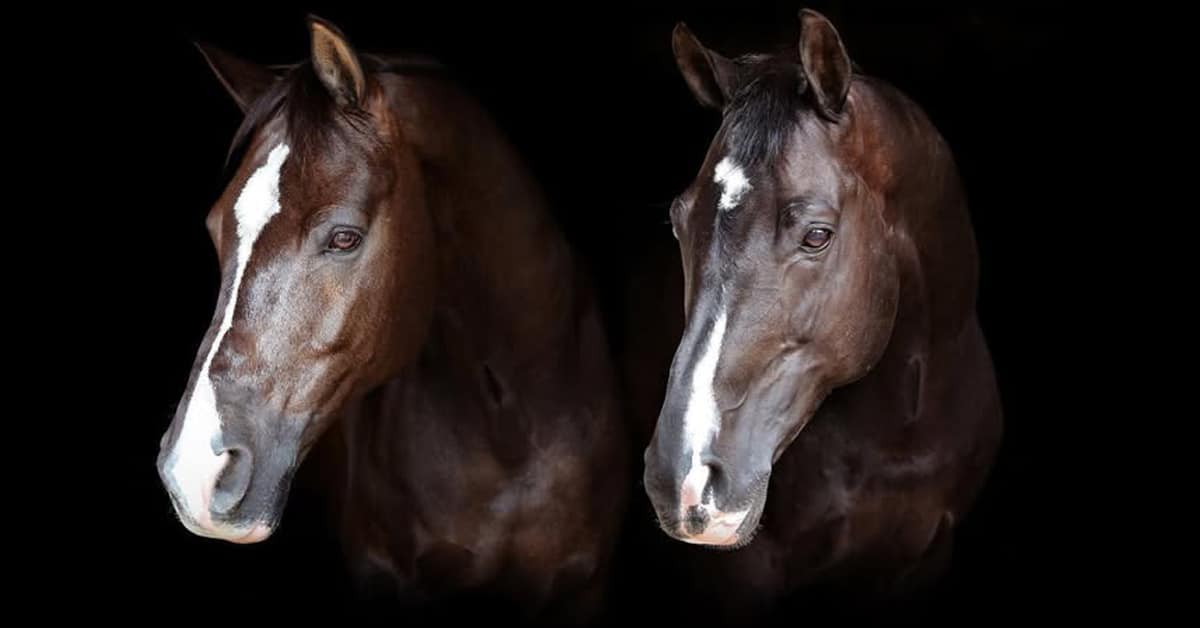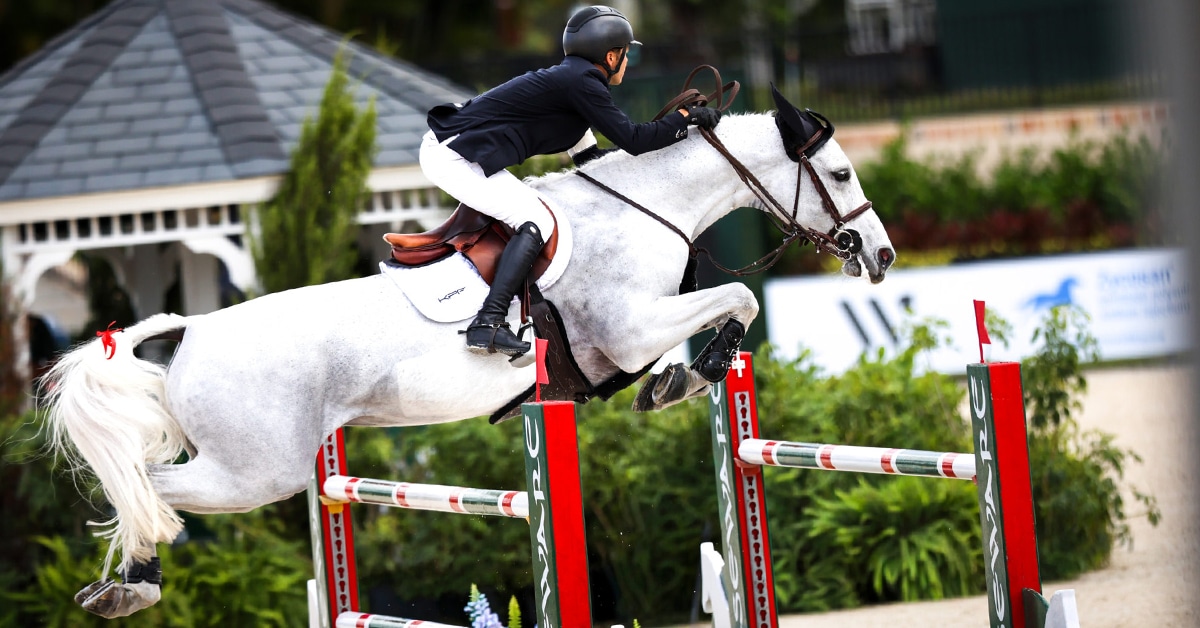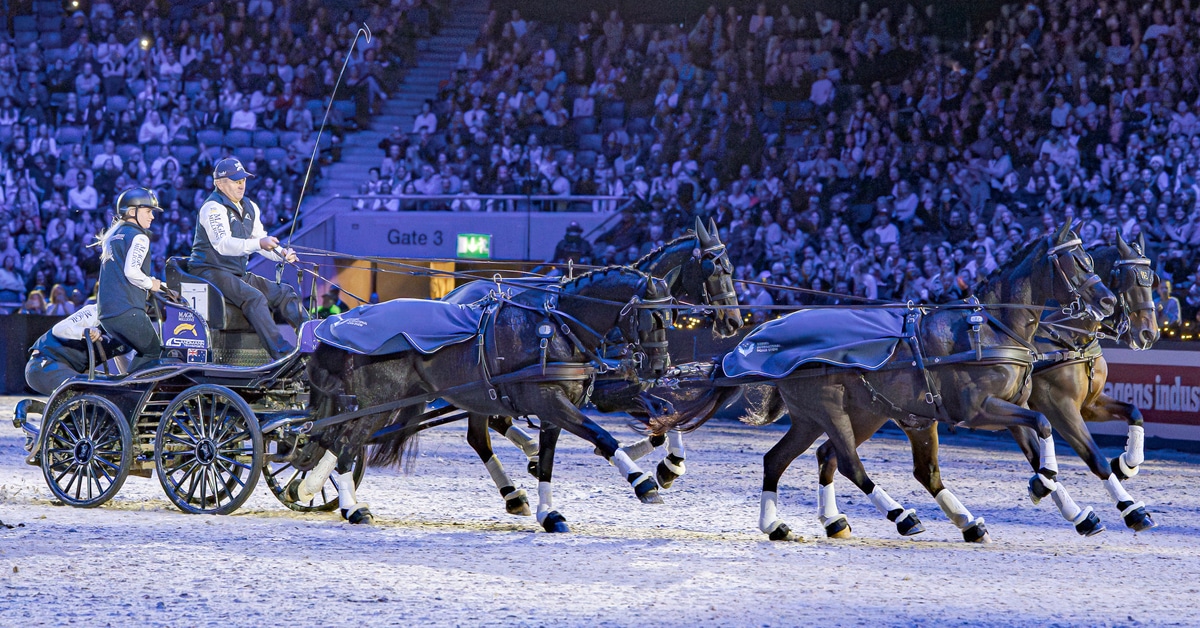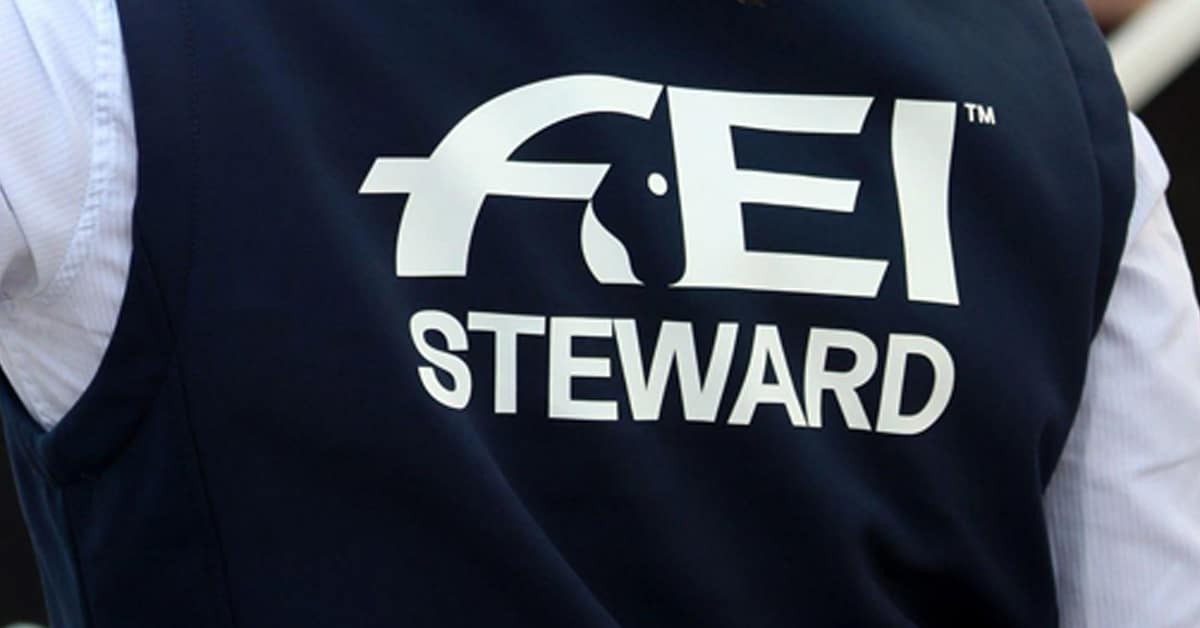Reining has just months left as an FEI sport, with news that the General Assembly in November will be asked to “remove” reining from the FEI portfolio from January 1, 2020.
This will be the first time the FEI has ever ejected a discipline – having obtained stronger powers to do so last year.
The writing was on the wall in November 2018 when the FEI ceased its cooperation agreements with the National Reining Horse Association and the American Quarter Horse Association.
Main areas of concern were the three bodies’ diverse opinions over minimum horse ages, stewarding and anti-doping policy, and the “money-driven” approach of NRHA compared with the FEI’s “performance-based” ideals.
NRHA (founded 1966) and AQHA (which recognized reining in 1949) have previously emphasised their long history in reining, prior to its becoming an FEI discipline in 2000, partly with a view to Olympic ambitions. The pre-existence of historic governing bodies is another big sticking point, because FEI Statutes requires the FEI to be the “sole” international governing body for each discipline. FEI riders wishing to continue with NRHA would risk suspension if competing at “unsanctioned events.”
A long memorandum was sent to the FEI’s 133-member national federations yesterday (July 8th), by coincidence on the eve of young riders’ world reining championship in Switzerland.
It says that since November there have been active attempts to renew relations with NRHA, including a major public debate at the FEI Sports Forum in April. But several attempted teleconferences this spring were cancelled by NRHA at short notice, who then instructed the FEI to communicate via USA Reining, which has no decision-making powers.
As recently as last month, the FEI reining committee presented a five-year action plan to the FEI board – but it needed the full cooperation of NRHA.
While the General Assembly is entitled to deny the FEI board recommendation, a vote to keep reining seems unlikely given the small level of participation. Just 297 reiners – mostly from Europe – were registered with the FEI last year, compared with the NRHA’s worldwide competitor base of 14,818. Average participation at FEI events – usually organised in tandem with NRHA – was just 4.15. Stand-alone FEI reining shows were clearly unviable.
Horse and rider registrations have decreased over the second decade, usually only showing a small spike the year before a World Equestrian Games.
The FEI said it was clear there would be ample opportunities for riders to continue to compete under NRHA rules, and that NFs could continue to organise domestic competitions.
The July 8th memo charts growing disagreements from start of the second decade of FEI involvement, with North American lead bodies expected to yield to the stronger terms of the 2014 cooperation agreement. Last November the FEI said these terms had been breached, despite numerous discussions during 2016 and 2017.
“To ensure the integrity of the discipline and maintain a level playing field for all athletes competing in FEI reining, the agreement with these two bodies has now been terminated,” said FEI secretary-general Sabrina Ibanez at the time. “Both the AQHA and NRHA have been informed that a binding commitment to implement the FEI rules on anti-doping, stewarding requirements and the age of competing horses are prerequisites for any future cooperation.”
Yesterday’s memo said the FEI “recognised NRHA’s and AQHA’s success in running the sport and their legitimacy to run and manage the sport according to their own rules and their own philosophy” but that it “similarly recognised that FEI Reining, as any other FEI Discipline, must observe and comply with all FEI Rules and Regulations.”
Aside from the two full WEG 2022 bids submitted by Rome and Riyadh, Westworld of Scottsdale, Arizona has applied to host the 2022 world reining championships in a two-discipline bid with vaulting.
More News










